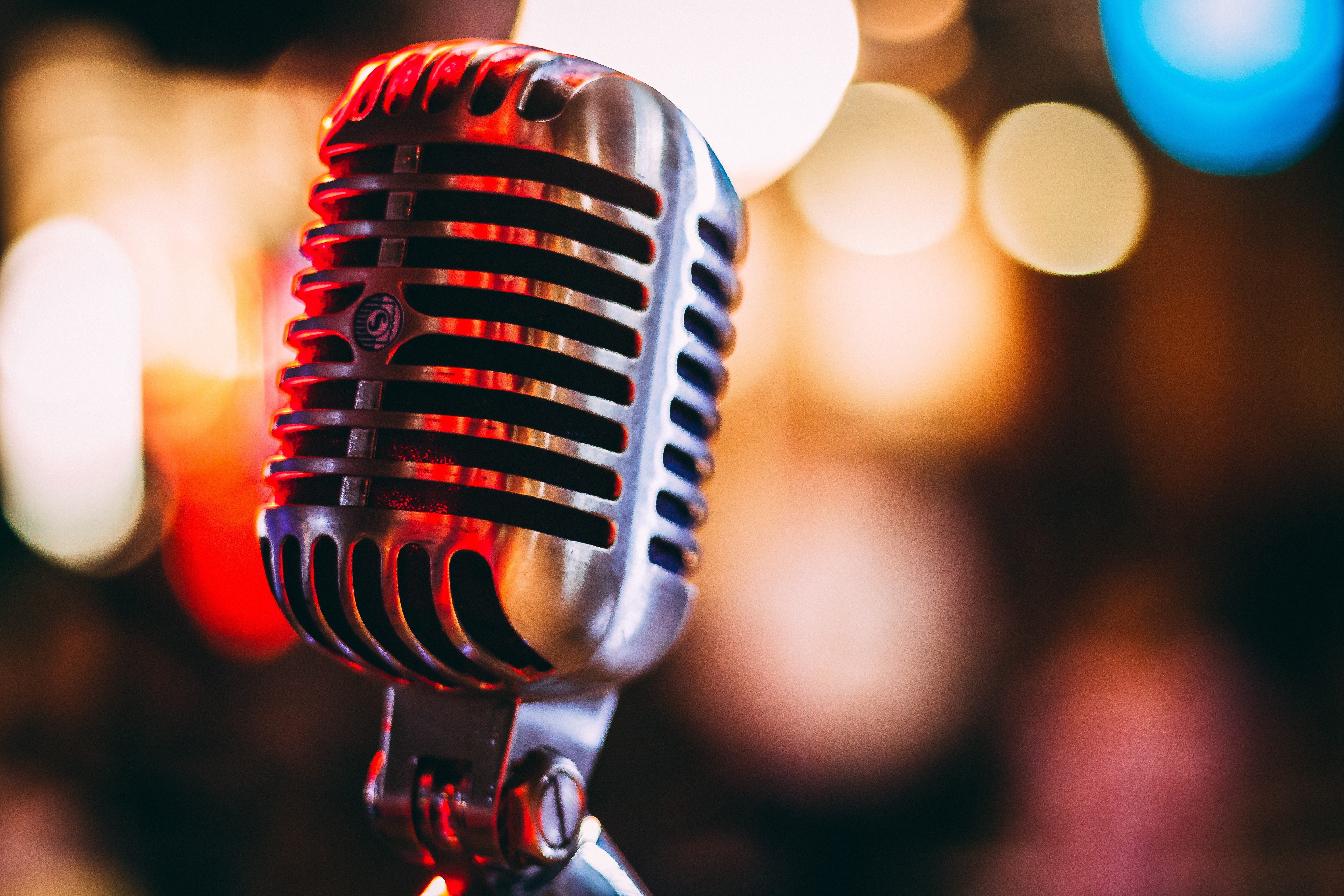

There’s an explosion of interest in podcasting. It seems like we are starting to hit peak podcasting.
Personally, I can’t think of better time for a business to create valuable audio and video content in a podcast format. In the past week alone, I’ve had a handful of requests to better understand how I create the Six Pixels of Separation podcast. I answered this question in detail back in 2008 (you can read about it here: How To Podcast) and the again in 2012 (you can read about it here: How To Podcast – 2012 Edition), but things have changed. In 2012, I was about to publish my 290th episode (I’ve now posted over 650 episodes).
I’m no professional.
Before digging into the details, let me make one point clear (and it’s the exact same point I made back in 2008 and 2012): I don’t think that I have the right formula. My show is very “indie” and it’s created and published with a minimal amount of production. I’m not an audiophile and I have no special propensity towards audio engineering. I see it as a fun (and different) way to communicate and connect with people. I’m ok with the fact that it’s often raw, flawed and basic.
Here’s how I podcast (but please keep in mind that I am a huge proponent of doing a lot more pre and post production for maximum efficacy):
I don’t do much to prep for a show. Over the course of the week (in-between episodes), I simply look at my Twitter and Facebook feed for people saying and doing interesting things, and I reach out to those who I think might have something unique to say about a specific topic related to business, management, leadership or personal development. I’m also more inclined to interview someone who recently published a business book (I’m a huge book nerd).
I record all of my conversations over Skype using Call Recorder. If I have the luxury of having a conversation with someone in-person, I record it on a Zoom H5 (which is a handheld portable digital recording studio). The built-in microphone on the Zoom H5 works great, but I just picked up two Samson Q2U USB/XLR dynamic microphones for remote recording (I will update this article once I have road-tested them). Once the audio is recorded, I use Audacity to record the show. I export that file into WAV format and then put it into a program called The Levelator to equalize the volume. From there, I import it back into Audacity and then export the file as a MP3. Once this is done, I bring the file into iTunes to add the cover album artwork and some additional show notes. I use Libsyn to host the podcast.
Sound quality and Skype.
Most people (rightfully) believe that Skype has bad audio quality. Many podcasters enjoy ZenCastr. I think it depends on how you set Skype up. Here are my Skype recording rules:
Because I don’t do any audio editing, the whole show is done live… one take (this makes most podcasters cringe – most do multiple takes, edits, etc…). I record the show using a HyperX Cloud Headset (basically a gamer’s headset) that plugs right into my MacBook Pro via USB. Once the show is done, I write up the blog posting in MarsEdit and hit the publish button on WordPress.
It works for me.
I’m sure many audiophiles weep a little when they hear how I record Six Pixels of Separation – no EQ adjustment, no removal of the “umms” and “ahhs”, and no editing to “tighten it up.” Who knows, maybe somewhere in the next one hundred episodes I’ll catch the audio engineering bug and break out the mixer, microphone, and audio editing software. But, for right now, I’m still just having fun with it.
Mea culpa.
As I said earlier, my way is, probably, not the most professional way to record a podcast… but it is my way. I’m hoping that my passion, knowledge and insights make up for what’s lacking in professional editing skills and audio quality. I’m also quite sure that as podcasting continues to evolve, the demands to produce a higher quality show (in terms of pure production and audio) will force me to figure out a newer way to take it to the next level.
Until then, Happy Podcasting.
If you would like to subscribe to podcast, just click right here and you will be notified when the show is live.
My brain is broken. I realized this a few months back.In trying to be informed…
Episode #976 of Six Pixels of Separation - The ThinkersOne Podcast is now live and…
Welcome to episode #976 of Six Pixels of Separation - The ThinkersOne Podcast. Jennifer Moss…
Is there one link, story, picture or thought that you saw online this week that…
Digital advertising boasts jaw-dropping numbers, with trillions of impressions annually. With about 5 billion internet…
We live in strange times. Once, Tesla was the symbol of innovation - an electric…
This website uses cookies.